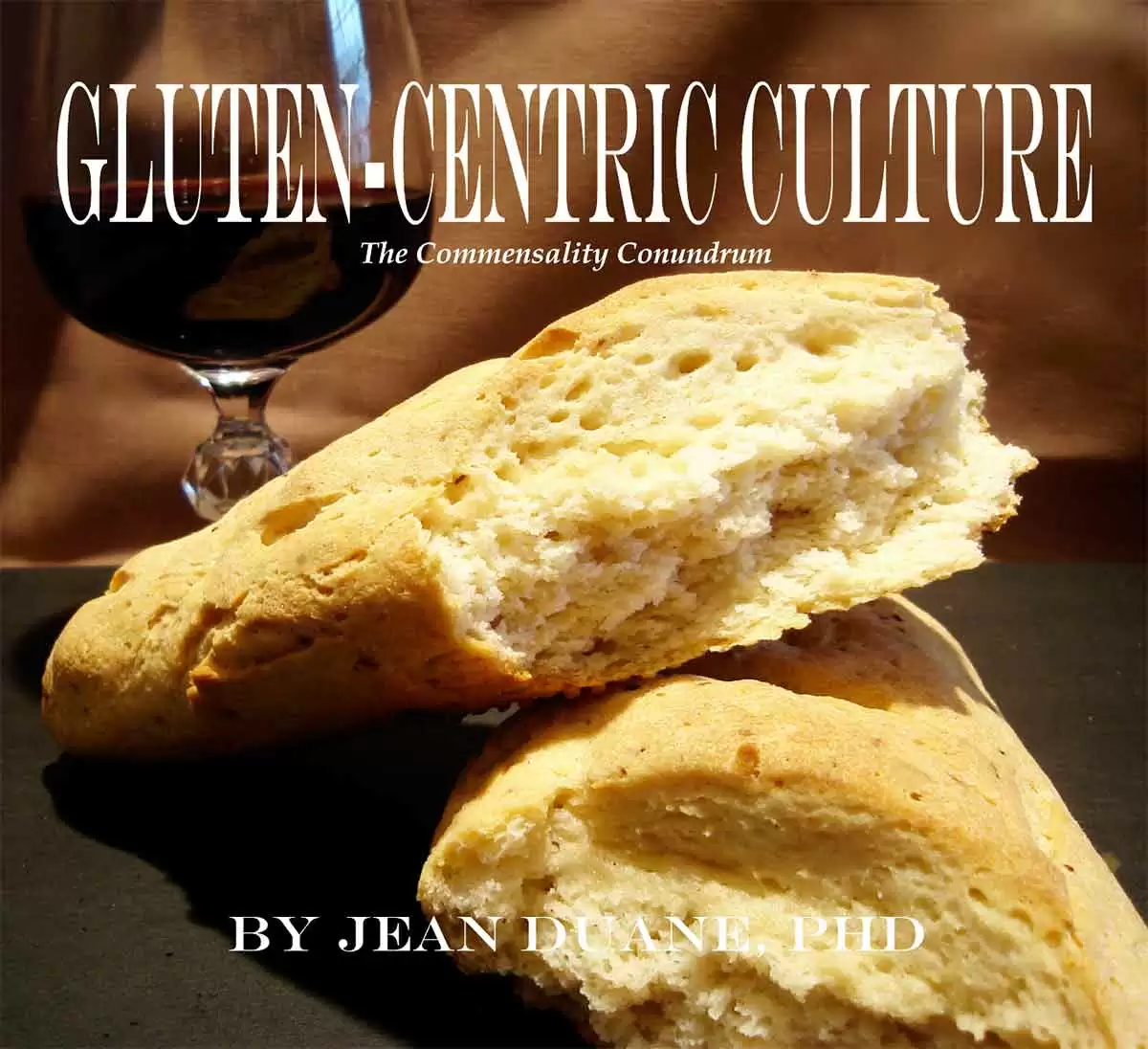Celiac.com 08/14/2025 - Fasting—whether for health, spiritual growth, or cultural reasons—has gained popularity in recent years. But for individuals with celiac disease or gluten sensitivity, fasting introduces an extra layer of complexity. Navigating safe eating windows, ensuring nutritional adequacy, and avoiding hidden gluten becomes even more critical when meals are limited. While fasting offers potential benefits like improved metabolic health, mental clarity, and spiritual focus, these advantages should never come at the cost of triggering symptoms or risking nutritional deficiencies.
This article explores how people with celiac disease or gluten sensitivity can fast safely, whether through intermittent fasting routines or participating in religious observances such as Ramadan, Yom Kippur, or Lent. With thoughtful planning and informed choices, it is entirely possible to fast while maintaining strict adherence to a gluten-free diet.
Understanding Fasting: Intermittent and Religious Approaches
Celiac.com Sponsor (A12):
Fasting takes many forms, and understanding the structure of your chosen fast is the first step in preparing safely:
- Intermittent Fasting (IF) involves cycling between periods of eating and not eating. Common schedules include 16:8, alternate-day fasting, or extended fasts of 24 hours or more.
-
Religious Fasting includes structured periods of abstinence from food or drink for spiritual reasons:
- Ramadan: Fasting from sunrise to sunset each day for a month.
- Yom Kippur: A 25-hour total fast with no food or drink.
- Lent: Observing dietary restrictions and periodic fasting.
- Hindu fasts: May involve avoiding grains or eating only certain foods.
In all cases, individuals with celiac disease must remain vigilant, as any gluten exposure—even during a fast-breaking meal—can cause intestinal damage and symptoms.
The Hidden Dangers of Breaking a Fast with Gluten
One of the biggest risks during fasting for someone with celiac disease is breaking the fast with unsafe or poorly planned food. After long periods without eating, the digestive system may be more sensitive. Consuming gluten—intentionally or by accident—at this time can lead to more intense symptoms such as nausea, bloating, fatigue, or even vomiting.
Common pitfalls include:
- Accepting shared food at religious gatherings without verifying ingredients.
- Consuming processed foods labeled as “wheat-free” instead of truly gluten-free.
- Using supplements or medications that contain gluten-based fillers.
- Eating traditional fast-breaking meals without gluten-free alternatives.
Preparing for a Fast: Gluten-Free Planning Essentials
Safe fasting begins with careful preparation. Here are key steps:
- Evaluate Your Readiness: Speak with a healthcare provider before fasting if you're newly diagnosed or have ongoing symptoms.
- Stock Up on Essentials: Whole gluten-free grains, protein sources, and healthy fats.
- Label Vigilance: Read every ingredient label carefully.
- Meal Prep: Have safe meals ready to reduce risk and effort during the fast.
Intermittent Fasting on a Gluten-Free Diet
Meal quality matters more than quantity in intermittent fasting. Focus on nutrient-dense, balanced meals during the eating window.
Tips:
- Break your fast with a balanced gluten-free meal.
- Hydrate with gluten-free beverages.
- Avoid fasting when unwell or after gluten exposure.
Religious Fasting: Cultural Awareness and Gluten-Free Solutions
Fasting is often a communal or spiritual activity. Each tradition may require different adaptations.
Ramadan
- Suhoor: Include gluten-free carbs like millet or certified oats.
- Iftar: Use gluten-free breads and rice dishes.
Yom Kippur
- Pre-fast meal: Nourishing gluten-free dishes like soups or legumes.
- Break-fast: Gentle foods such as bananas or broth first.
Lent and Christian Observances
- Focus on gluten-free plant-based meals.
- Check meat substitutes and processed foods for gluten.
Hindu Fasts
- Some avoid grains, simplifying gluten-free adherence.
- Use coconut flour or chickpea flour for safe dishes.
Nutritional Concerns: Protecting Health While Fasting
Celiac disease increases the risk of nutritional deficiencies. Fasting may intensify this risk.
- Eat nutrient-dense gluten-free foods.
- Consider gluten-free multivitamins.
- Monitor for fatigue or deficiency symptoms.
- Consult a dietitian before long-term fasting.
Managing Social and Emotional Aspects
Fasting can trigger social or emotional challenges for people with celiac disease. Be open with your community about your needs. Bring your own food to events. Join support groups or online communities if needed. Modify your fast if your health requires it—without guilt.
When to Avoid Fasting
Fasting may not be safe if:
- You are newly diagnosed and still healing.
- You are nutrient-deficient or underweight.
- You are pregnant, breastfeeding, or chronically ill.
Your health comes first. Most religious traditions make exceptions for medical conditions.
Conclusion: Fasting with Confidence on a Gluten-Free Diet
Fasting with celiac disease or gluten sensitivity is entirely possible—with preparation and care. Prioritize safe, gluten-free meals, monitor your health, and don’t hesitate to modify or skip a fast when needed. Whether for health or faith, you can participate fully while staying true to your dietary needs.
Key Takeaways for Celiacs Who Want to Fast:
- Plan ahead and verify food safety.
- Eat nutrient-dense gluten-free meals.
- Break fasts gently and mindfully.
- Adapt your fast to protect your health.
With awareness and support, fasting can be both spiritually fulfilling and physically safe for those living gluten-free.










Recommended Comments
There are no comments to display.
Create an account or sign in to comment
You need to be a member in order to leave a comment
Create an account
Sign up for a new account in our community. It's easy!
Register a new accountSign in
Already have an account? Sign in here.
Sign In Now